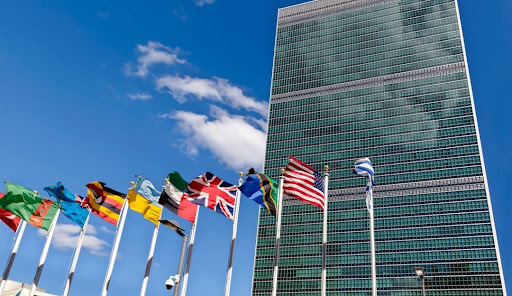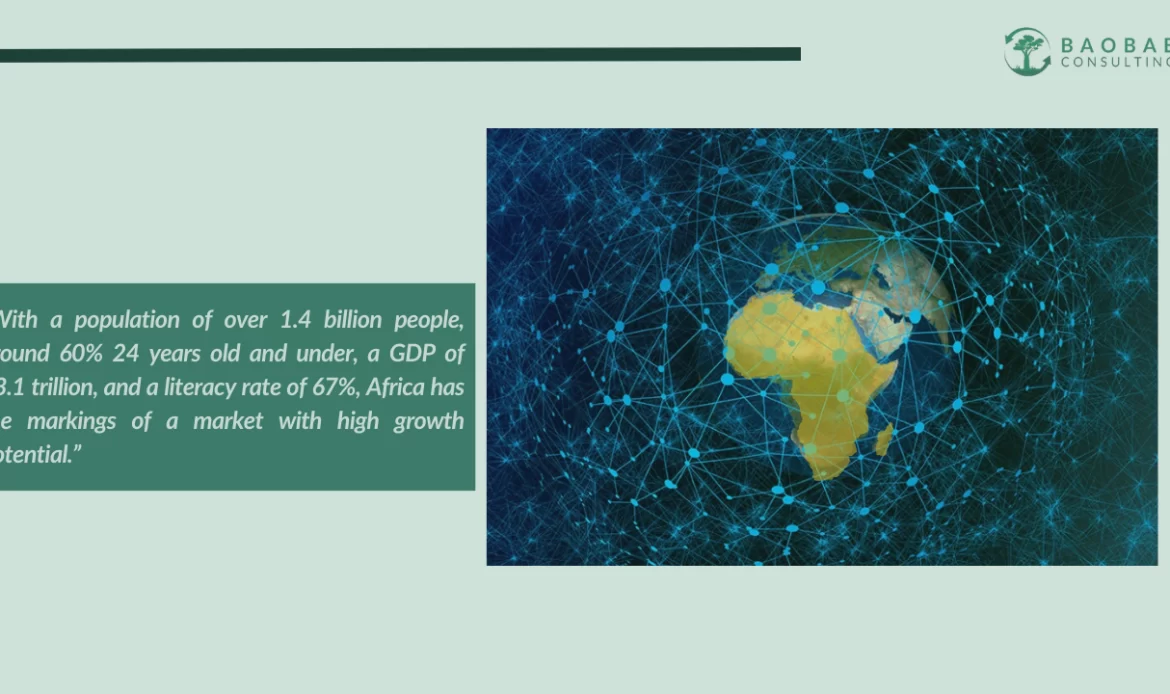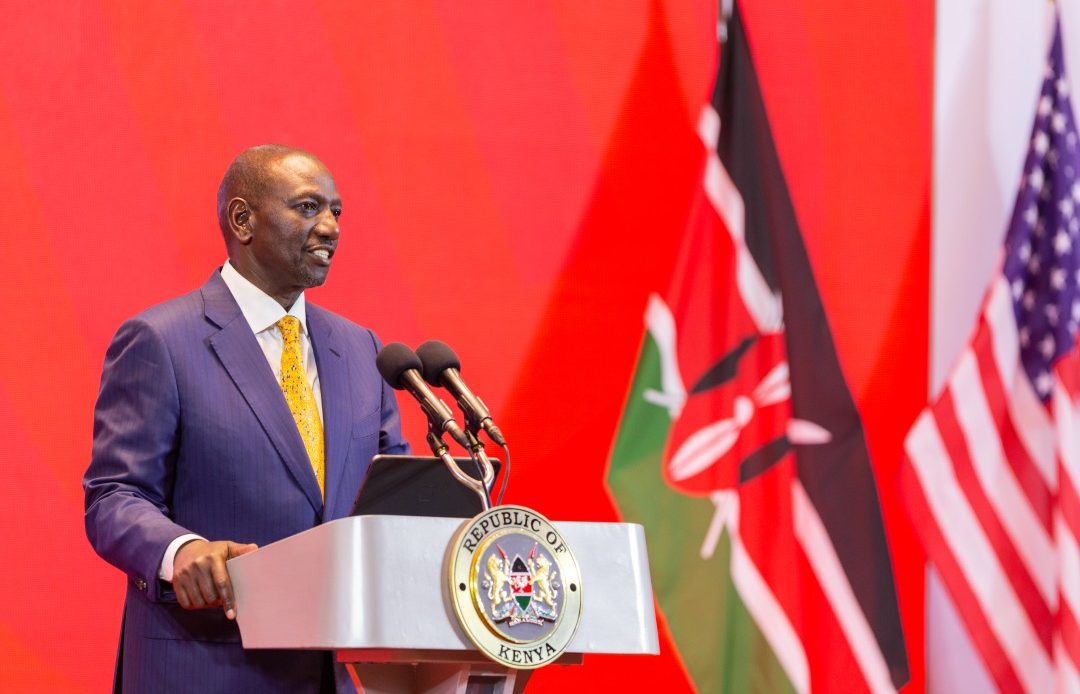The Global Focus on Women’s Leadership
Women leaders worldwide are gaining representation in public office at increasing rates, and African women are leading the movement. Half of all countries have instituted a gender quota law, which reserves a percentage of seats in public office for women. National management of the Covid-19 pandemic showcased the success of female leadership and inspired UN Women’s 2021 theme for International Women’s Day (March 8), “Women in leadership: Achieving an equal future in a COVID-19 world.” Perhaps rather counterintuitively to an outsider, Africa has been an engine of progress for women’s representation in public office and an example for the rest of the world to follow. Rwanda ranks first in the world for highest percentage of women in the national parliament, and Senegal ranks 17th. By contrast, the United States ranks 67th (an increase from 83rd place prior to the 2020 elections). Tanzania just welcomed its first female president Samia Suluhu Hassan to office last week. World leaders and Baobab Consulting partners Joyce Banda, Ameenah Gurib Fakim, Catherine Samba Panza, Rosalea Arteaga, and Aminata Toure have dedicated their political careers to inspiring future generations of female leaders. One may assume that greater levels of women’s equality in the private sphere — such as the workplace or household— in a particular nation would translate to equality in public office. Global trends, however, reveal that the reverse may be true. Take Senegal as a case study to examine the unique role women play at the intersection of public and private spheres.
Cultural Constraints of Women’s Empowerment in the Household
An academic paper on poverty in Senegalese, female-headed households reported that the notion of female headship barely exists in the local culture, among other findings. Traditional households designate specific gender roles and obligations to the family, particularly regarding finances. A husband and wife will typically not pool their income. The participants reported that men are obligated, by Islamic law and Senegalese culture, to finance “food, water, and electricity.” Women, if they have an income, will finance clothing and other “luxuries” for the children, but are not obligated to finance any particular aspect. A mother’s primary obligation is to raise the children; Senegalese wives generally “don’t work here, and it is not an obligation.” Some men expressed fear of their wife’s power over him if the wives’ incomes were greater than their husbands’.
Societal notions of female inferiority are ingrained in Senegalese culture through religious Islamic influences and relics of French colonialism. One male participant explained women cannot lead households “because it’s Africa. If you’re married, then you’re the chief [of the family]. It’s traditional.” In a separate study, 1 another Senegalese man expressed, “I am personally for parity to a certain degree. I have two daughters, one of whom studies Political Science in France. And when there are decisions to be made in my family, I discuss with my children and my wife. But men will always be heads of the household. The woman will never be imam. It’s the man that provides the financial means for the family. On the other hand, however, we must acknowledge that women do have an important role in society – they are the ones that wake up early every day to sell fish, etc. Women get by but they are also submissive.”
Puzzlingly Hospitable Environment to Women’s Public Leadership
Yet, Senegal’s rather patriarchal civil society elected record-breaking numbers of women to the National Assembly in 2012. Ten years ago, the Senegalese National Assembly passed the Law of Absolute Parity, which requires political parties on the national, regional, municipal, and rural levels to compose their ballot equally of men and women in order to be eligible for election. The law nearly doubled the percentage of women elected to the National Assembly in the 2012 legislative elections, from 23% female members of parliament (MPs) to 43%. Local women’s movements like Le Conseil Sénégalais des Femmes (COSEF) and Réseau Siggil Jigeen, in partnership with the United Nations, are responsible for this historic victory. 2 Extensive research is hopefully forthcoming on the measurable, substantive effects on policy of Senegal’s dramatic rise in women’s representation. Globally, female public officials are more responsive to the needs and lived experiences of their female constituents, such as in the case of infrastructure investment, property rights, and reporting of crimes against women. Clayton and Zetterberg (2018) find that gender quota law adoption often leads to a change in policy priorities towards health and education and away from the military, which may predict policy outcomes in Senegal, as well. A participant from the research of Leïla Fall of Lund University explained that female MPs in the Senegalese National Assembly, “have specific demands for women, and that is the usefulness of parity.” In reference to the quota law, Dr. Seulgie (Claire) Lim writes, “Senegal presents an interesting case where the prevailing Muslim rules and values allow for a co- existence of seemingly opposing norms.”
3 Challenges to Current and Aspiring African Women in Government
The disconnect between women’s empowerment in Senegal’s public and private life still presents a number of challenges to the effectiveness and sustainability of female leadership. Since the institution of the gender parity law, the word “parity” has become synonymous with “I no longer accept my husband’s authority,” in some rural areas. Many participants enrolled in the previously mentioned study reflected this sentiment when asked about their opinions of female politicians. They would express concern that women in politics would have too much power over their husbands or would not have time for maternal obligations. Such explicit negative attitudes are not as reflected among MPs themselves, but underlying patriarchal norms prevail. Fall writes, “men are three times more likely to intervene during plenary sessions… also their speeches seem to be rather longer than that of their female colleagues.” This issue is compounded by the higher rates of illiteracy among female MPs which stifles documentation of women’s ideas. On the continent more broadly, aspiring female leaders struggle to accumulate the financial capital needed to win elections in the absence of quota laws. In this case, the economic disempowerment of women does, in fact, hinder their political empowerment. The #ShePersisted report revealed that — in Africa and worldwide— social and news media platforms have been weaponized to spread disinformation attacking women in politics and thwarting their ambition for (re)election. Former president of Malawi Dr. Joyce Banda calls for African women to organize as “a critical mass of women in leadership” in order to take ownership of their narrative and sustain their prominence in powerful positions.
Call to Action: Change the Narrative
If Western nations like the United States truly intend to center women’s leadership in their agendas and achieve gender parity, they must consider looking up to their neighbors higher up on the charts of representation rankings. We must rid the narrative that African cultures and their traditional values cannot give way to effective female leadership. The rest of the world has much to learn from Senegal and the larger continent’s success in empowering female leaders in public office, despite the enduring patriarchal culture in the private domain. The case of Senegal proves that constraints on traditional gender roles in the private sphere do not exclude women from seeking leadership in government. The path to increasing women’s representation can operate within a local culture without uprooting it and replacing it with imposed Western values. Furthermore, Western nations can use African progress as a road map to overcome their own patriarchal, cultural constraints to women’s leadership. Baobab Consulting gender expert Gwen Young says, “now more than ever, we’re seeing the sea of change demanding that women sit at decision making tables across sectors.” As gender quota laws and other commitments to women’s representation continue to sweep the globe, remember to thank African women for navigating the constraints of patriarchal private life to set the global standards for gender parity.
1 Lim, Seulgie Claire. Exploring the Political, Social, and Theoretical Aspects of Gender Parity in Senegal. Boston University, 2020. Ann Arbor: ProQuest. Web. 19 Mar. 2021.
2 Lim, S Exploring The Political, Social, and Theoretical Aspects of Gender Parity in Senegal.
3 Lim, S Exploring The Political, Social, and Theoretical Aspects of Gender Parity in Senegal.
Baobab Consulting is on a mission to ensure that African entrepreneurs and leaders have access to the funding, mentorship and strategic support needed for them to prosper. To learn more about Baobab Consulting please reach out to bonjour@baobab-consulting.net





